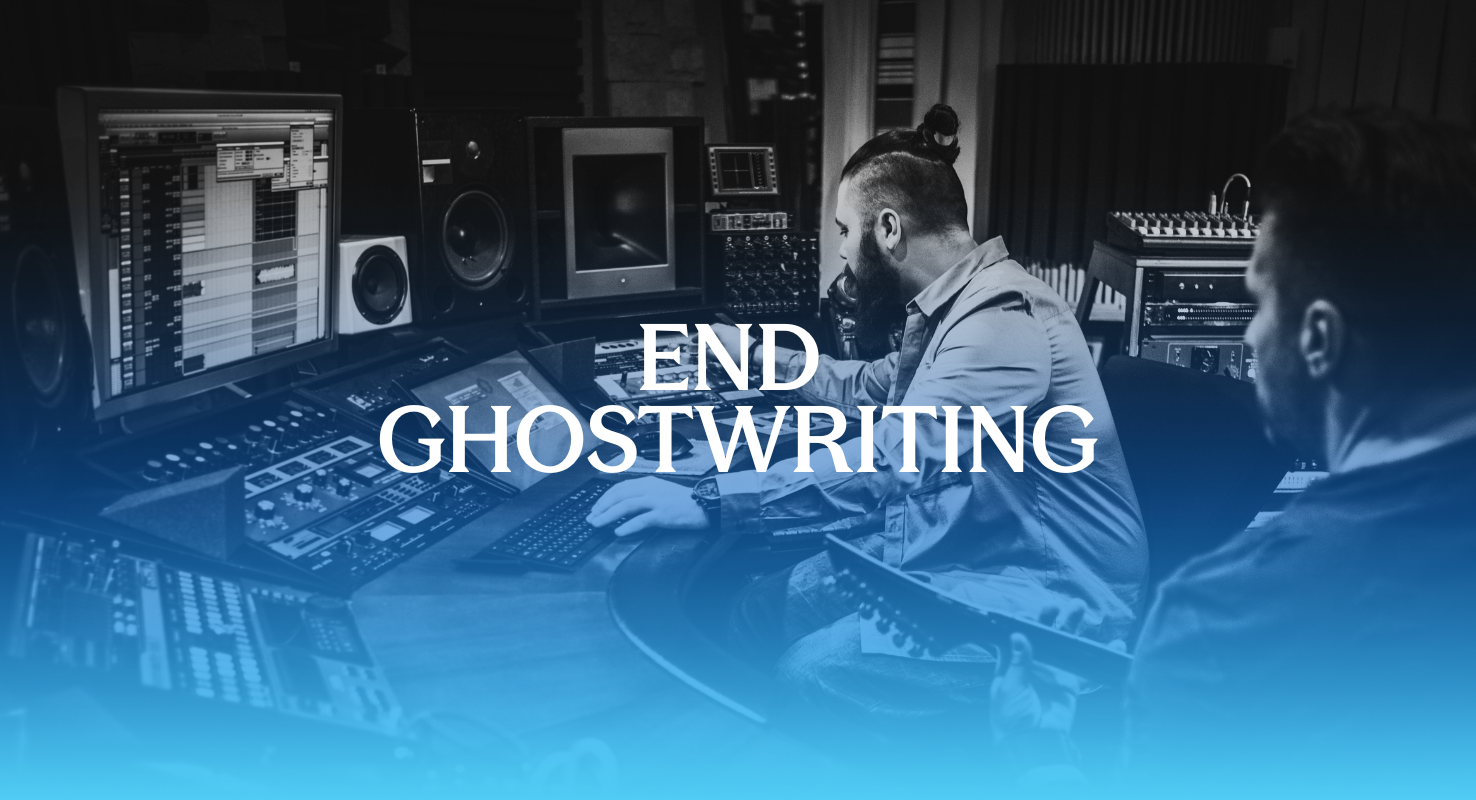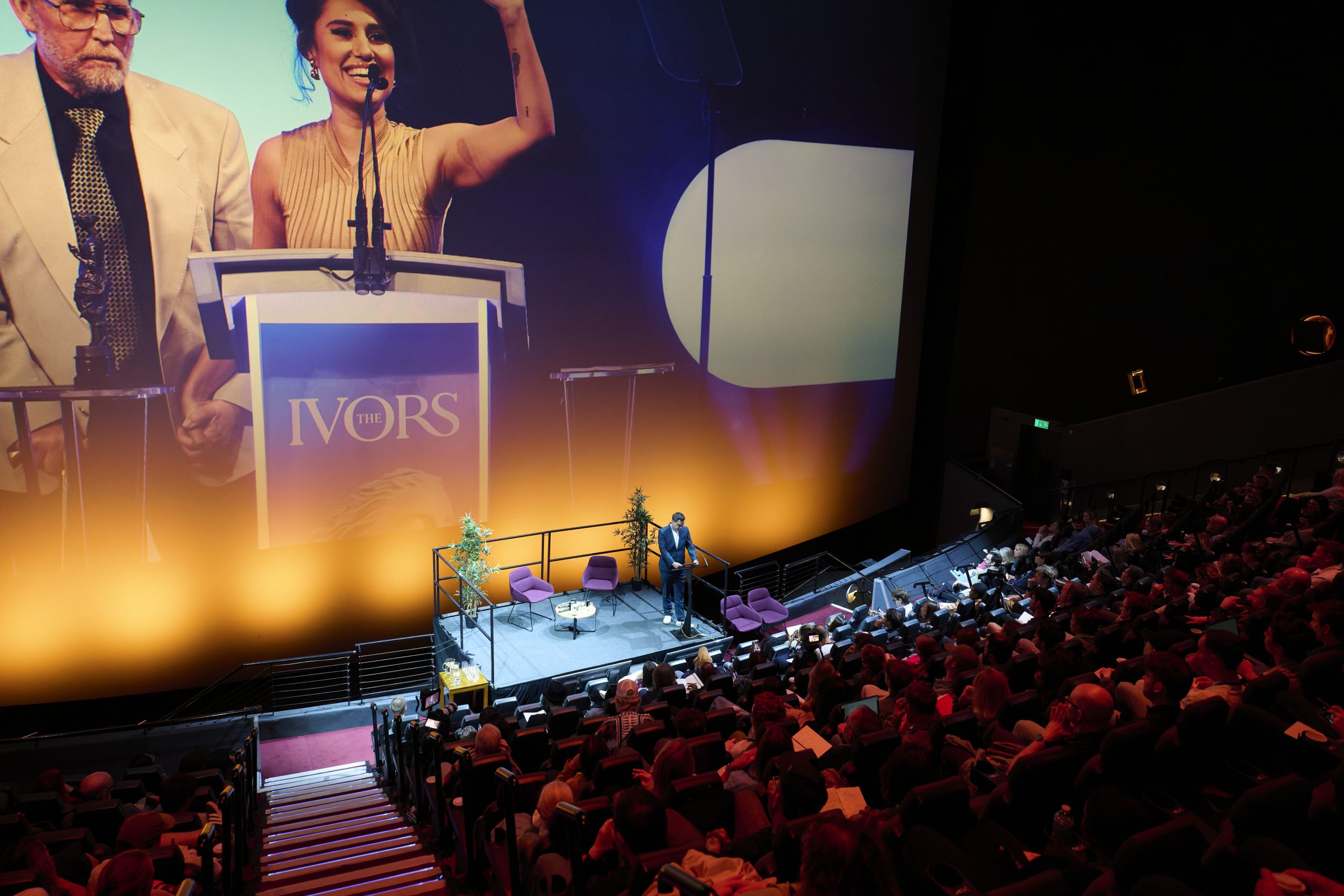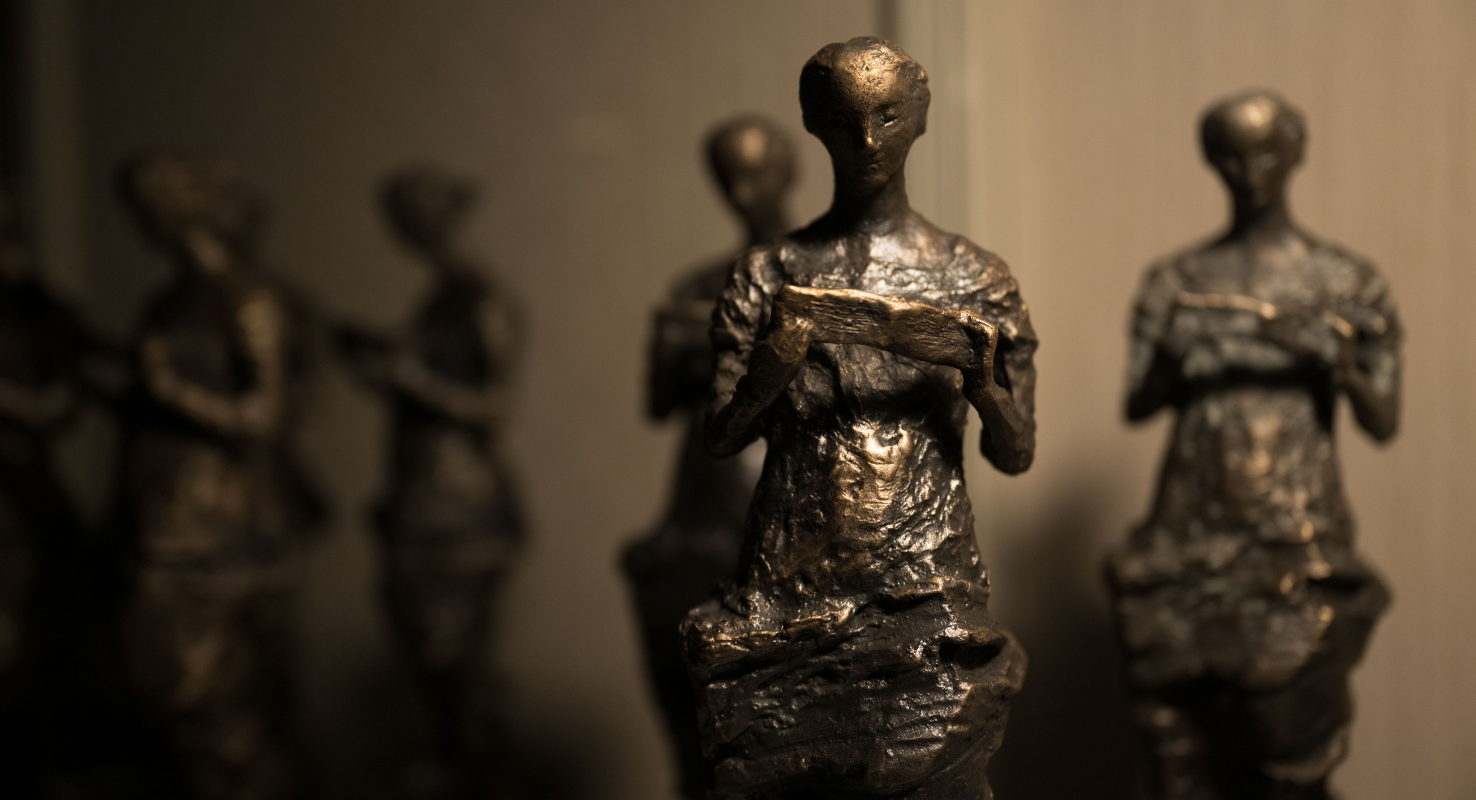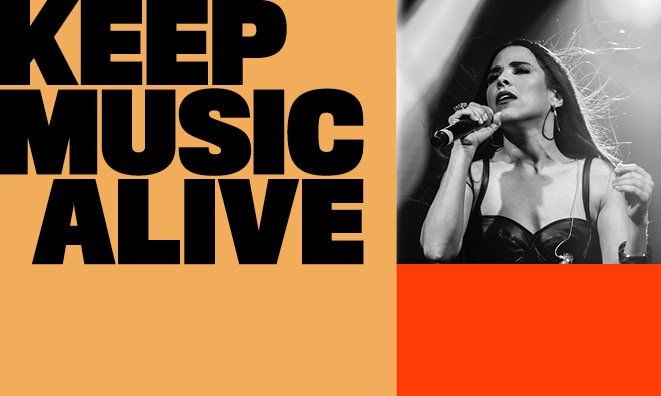The deadline to submit written evidence to the DCMS Select Committee inquiry on streaming has now passed.
What does ‘giving evidence to the Select Committee inquiry’ mean?
A Select Committee is a cross-party group of MPs who can run inquiries to research a specific topic and make recommendations to Government. As part of their research, they put some questions out there and ask people with experience of the issues to answer them – in other words, to give evidence to the Select Committee inquiry. There are five questions in the streaming inquiry, and you can answer some or all of them through the Digital, Culture, Media and Sport Select Committee website. If you’re not sure what to say, our guide to giving evidence includes useful tips and ideas to fix streaming.
Will my evidence make a difference?
Yes. The inquiry wants to understand if the economics of music streaming is fair for all parties involved. That includes you and other songwriters, composers, and performers you know – your experience with streaming is important evidence for the inquiry. And the more people who write in, the more likely it is that the inquiry will listen.
Who else will be giving evidence?
Anyone can send in written evidence. The deadline for sending yours is Friday 11 December.
An earlier call for evidence closed on Monday 16 November. Evidence submitted after this date might not arrive in time to be used in early verbal evidence sessions or identify people for the Committee to talk to, but it could be used in the final report.
The inquiry will also have people come and speak to them in verbal evidence sessions later in the year, which you will be able to watch on Parliament TV. It is likely that they will ask for evidence from artists, industry experts, record labels, publishers, and streaming platforms.
I don’t know what to say – can you help?
Yes. The Ivors Academy and Musicians’ Union have put together a guide to giving evidence with tips on what the inquiry is looking for, making your case as strong as possible, and ideas that we think will fix streaming and keep music alive.
Can students send something in?
Yes. You can give evidence at any stage of your career. If you are a student, or a new / emerging artist, it is important to mention that and explain how the economics of music streaming affects the decisions you make now. You can find more guidance on how to answer the inquiry’s questions in our guide to giving evidence.
I don’t earn much from streaming – should I still give evidence?
Yes. If you don’t earn much from streaming, or have seen your earnings go down in recent years, it is even more important that you give evidence to the inquiry. Your experiences could be important evidence that the system is broken.
I get a fair deal from streaming – should I give evidence?
Yes, the inquiry will look at the economics of streaming from all angles and they will want to hear all experiences. There are fair deals and models out there and these can provide a template for improving deals which aren’t so favourable to creators and performers.
Should I send my royalty statements?
Yes. Using examples from your own royalty statements or contracts with record labels or publishers will help the Select Committee understand the issues and make your case more powerful.
The form won’t let me send royalty statements as a PDF – what do I do?
Make it clear under the relevant questions that you have documents to attach as evidence, and then email those documents to cmscom@parliament.uk as soon as you have sent in your submission. Make sure that you clearly state your name and which questions / answers the documents relates to in your email.
I am trying to send in my evidence using my phone but it’s not working – can I still send my evidence in?
Yes. If the form for giving evidence is not working on the browser on your phone or tablet, you can email your evidence to cmscom@parliament.uk. You can find a rundown of the inquiry’s questions in our guide to giving evidence. Please note that if you would like to ask for your submission to be confidential or anonymous, then you will need to mention that in your email.
Can my evidence be anonymous?
Yes. The Select Committee has the power to decide if your evidence will be kept anonymous or confidential. If you’re worried about your privacy or any repercussions as a result of sending in evidence, you can ask for your evidence to be treated ‘anonymously’ or ‘confidentially’.
‘Anonymously’ means that the Select Committee will publish your evidence, but not your name or any personal details about you.
‘Confidentially’ means that the Select Committee will read your evidence, but won’t publish it.
Look out for the tick boxes on the evidence submission form.
Who else is giving evidence?
The inquiry asks for evidence from artists, industry experts, record labels, publishers, and streaming platforms. It is important that as many songwriters, composers and performers give evidence as possible to be sure your collective voice is heard.
I don’t know how to fix streaming – does that matter?
No. Our guide to giving evidence includes lists of things to ask for under each question. If it makes things easier, you can copy and paste those points across. Alternatively, you can also just share your experience with streaming. It is not necessary to include recommendations on how to fix it in your response.
Do I need to answer all of the questions?
No. You can choose which questions apply the most to you.
What is the DCMS Select Committee?
The Select Committee is a cross-party group of MPs who can run inquiries to research a specific topic and make recommendations to Government. They scrutinise the work of the Government’s Department for Digital, Culture, Media and Sport (DCMS), and examine DCMS’ spending and administration. The results of Select Committee inquiries are public and can require a response from Government.
Why are they doing an inquiry?
Over 17,000 people signed The Ivors Academy and Musicians’ Union petition for a Government review into the economics of music streaming since May 2020. We’ve been campaigning, lobbying and working with the Broken Record movement to push for a Select Committee inquiry.
An inquiry is a big opportunity to get your voice heard, bring everyone to the table, and push for changes that will make the economics of music streaming fairer for songwriters, composers and performers. They usually result in the publication of a report and can require a response from Government.
Who is on the Select Committee?
The Digital, Culture, Media and Sport Select Committee is made up of MPs from the Conservative Party, Labour Party and SNP. The Chair is Julian Knight MP, and The Ivors Academy and Musicians’ Union have reached out to him to highlight how this issue affects our members. Also on the committee is musician and MU and The Ivors Academy member Kevin Brennan MP. You can look at the full list on the Parliament website.
How do I give evidence?
You can give written evidence via this form on the Parliament website.
When is the deadline?
The deadline for giving written evidence is Friday 11 December.
An earlier call for evidence closed on Monday 16 November. Evidence submitted after this date might not arrive in time to be used in early verbal evidence sessions or identify people for the Committee to talk to, but it could be used in the final report.




